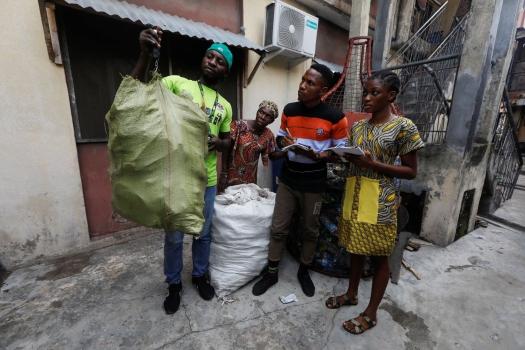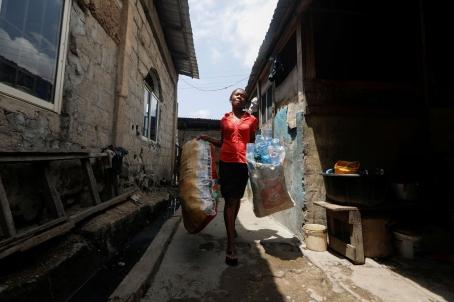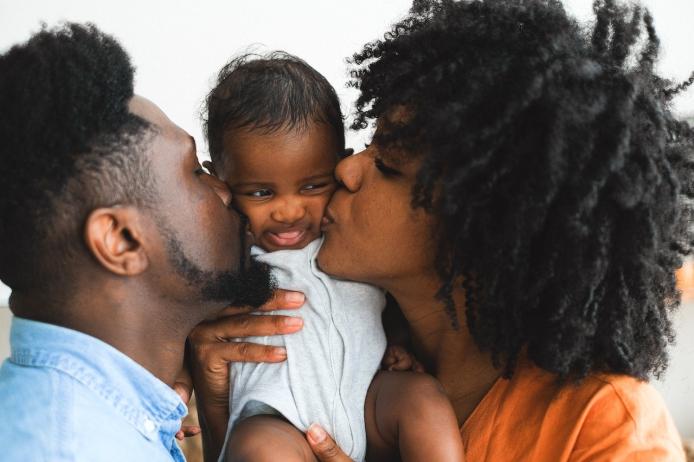
2 minute read
Nigerian parents pay school bills with recyclable waste

By Kazeem Sanni | www.reuters.com
Advertisement
Nigerian fourth-grader Fawas Adeosun often used to get sent home from school through the gritty streets of Lagos because his mother, Fatimoh, had not paid his fees, until he enrolled in a different school offering a novel solution.


My Dream Stead school, in the sprawling, impoverished Ajegunle neighbourhood where the
Cleanup Initiative has been collecting bottles, cans, drink cartons and plastic containers brought into the schools by parents and selling them to recyclers
The proceeds of the sales pay for teacher salaries, children's uniforms, books and pens, among other expenses
The scheme aims to reduce the number of children out expanding into a second apartment block to accommodate its 120 pupils. Only seven children were enrolled when it opened in 2019.
Some mornings, Fatimoh and Fawas walk to the school together with bulging sacks of rubbish over their shoulders. The waste is weighed on school premises and its sales value added to Fawas' account.
"Sometimes if he wants to buy sportswear, the school will tell me the amount I need to bring," said Fatimoh, a 48-year-old hairdresser who cares for six children on her own.
Providing for Fawas, the youngest, has been particularly difficult since she was forced to vacate the room she used as a salon in 2018.
Adeosuns live, is one of 40 low-cost schools in Nigeria's commercial capital that accept recyclable waste as payment.
For the past four years, a local environmental organisation called African of school as well as the amount of rubbish on the streets of Lagos, said Alexander Akhigbe, founder of the environmental group
Tuition fees at My Dream Stead stand at $130 per year and the school is
"When I discovered that they could collect the plastics from me to keep my child in school, it made my burden lighter," she said as she scoured bins on the streets for recyclables on her way back from the school.
Reporting by Seun Sanni in Lagos Writing by Sofia Christensen Editing by Matthew Lewis

We often wonder if babies can communicate with us or how they process what is said to them.
We ask ourselves questions like: Why do I need to keep talking to my baby, do they really understand what I am saying? Can he/she respond to me? I am really glad to answer these questions and more.

First of all, Communication in babies is simply the ways in which infants convey their needs, emotions and desires to their parents or caregivers and interact with the world around them. Parents or Caregivers play a crucial role in interpreting and responding to the different communication cues from infants. By paying close attention and responding appropriately, Parents/caregivers can establish a strong bond with their babies and meet their needs effectively, fostering healthy social and emotional development.
Now to the question, do babies Communicate? Yes! babies communicate with us all the time through the sounds they make, facial expressions and body gestures. Communicating with babies helps them build their vocabulary because the words they hear are stored up somewhere in their brains for use when they are ready. So, whatever you say to your baby, they are processing it and storing it up. When they are ready to speak, those words then come out of their mouths
Research has shown that communication in babies is a fascinating and important aspect of their development. While babies may not be able to speak or understand in the same way adults do, they engage in various forms of communication from an early age. Let us take a look at some of the Cues babies give when trying to communicate










